Vitamin D is an essential nutrient, meaning that the human body can’t make all of its requirements on its own and has to get it in other ways. This vitamin is found in some foods but it is hard to get enough Vitamin D through food alone. Exposure to sunlight is the most efficient way of making Vitamin D, hence the name ‘the sunshine vitamin” as it is formed when the sun’s UVB rays interact with a protein in our skin.
We need Vitamin D to absorb calcium and phosphorous to keep our bones and teeth healthy and strong. It helps our muscles work well and it has a positive effect on immunity. Scientists have found that there are receptors for Vitamin D in most cells of the body. Research suggests it may decrease the chance of heart disease, diabetes and dementia and may play an important role in regulating mood and decreasing the risk of depression. It also has anti-inflammatory and antioxidant properties.
To supplement or not to supplement?
A recent study found that in New Zealand, 20% of Pakeha, 39% of Maori and 47% of Pacific Islanders have too little Vitamin D in their blood. This doesn’t mean that people need to take supplements, because the best way to increase Vitamin D levels is via sun exposure or food. Vitamin D supplements are not recommended for most New Zealanders, unless they have a risk of deficiency.
People at higher risk of Vitamin D deficiency:
As we age, our ability to produce Vitamin D after sun exposure decreases. Other people who may be more at risk of deficiency:
- spend a lot of time indoors e.g disability, illness
- wear clothing covering the body for cultural or religious reasons
- have impaired Vitamin D absorption due to Crohn’s or coeliac disease
- are of Maori, Pacific, Indian or African descent
- live in south New Zealand during winter (May to August)
- are babies, children, teenagers,
- are pregnant or breastfeeding women
- are elderly.
Symptoms of Vitamin D deficiency:
- Tiredness, aches and pains
- Severe bone or muscle pain or weakness
- Leg, pelvic or hip stress fractures
- Low energy levels
- Mood changes, depression.
Vitamin D deficiency is often silent, taking years or decades to surface. Deficiency is linked to osteoporosis, decreased bone mineral density and an increased risk of falls and fractures in the older population. A severe deficiency in childhood causes rickets, which is a bone softening disease causing bowed legs or knock knees in children in developing countries. Rickets has mostly been eliminated in Western countries due to some foods being fortified with Vitamin D.
How to increase your dose of Vitamin D safely:
The health messages for sun safety have been so effective that the combination of reduced sun exposure and increased use of sunscreens has reduced people’s ability to make Vitamin D. The best way to increase Vitamin D levels is short, non-burning sunlight exposure to 20% of the body (arms and legs). If you only expose your face and hands to the sun, much less Vitamin D is produced. Outside exposure is key as UVB rays need to reach the skin – the rays won’t go through glass. You must still wear sunscreen when going out in the sun for long periods, but consider going without sunscreen for the first 10 minutes of being outside. Just 10 minutes a day of safe sun exposure (without sunscreen) three times a week is enough to make adequate Vitamin D supplies during summer.
Vitamin D containing foods:
- oily fish like sardines and salmon
- egg yolks
- mushrooms and yeast
- dairy food that has been fortified with Vitamin D. In New Zealand we have milk, margarine and yoghurt that has been fortified with Vitamin D.
Speak to your GP if you feel you may be at risk of a Vitamin D deficiency, and whether or not you may benefit from taking a prescription supplement. Your local pharmacy can give advice on the types of multivitamin and mineral supplements containing Vitamin D.






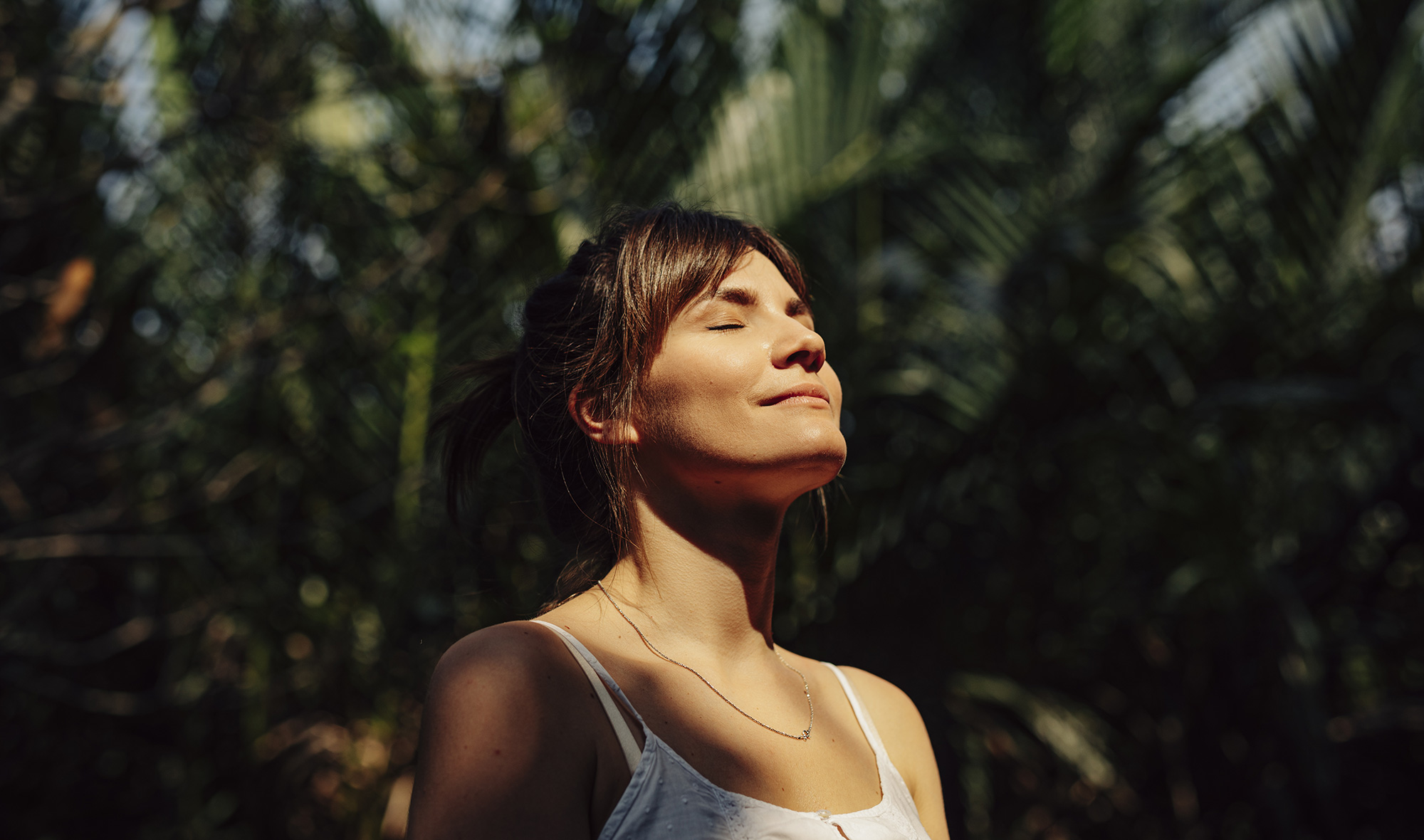

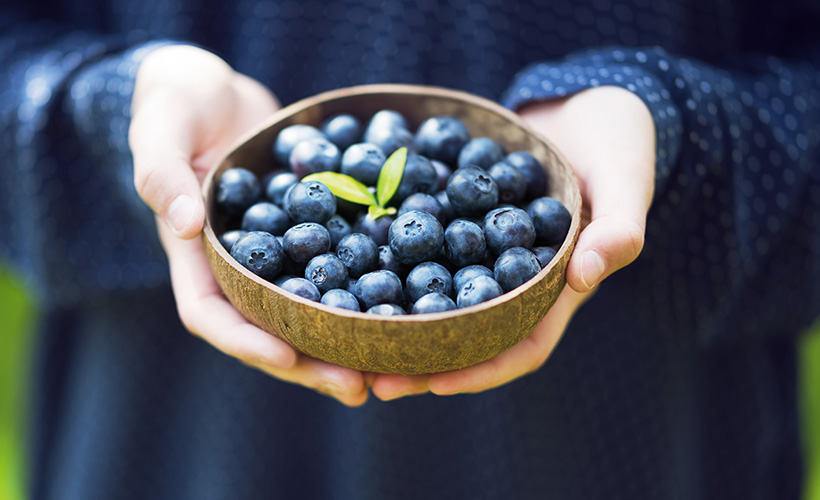
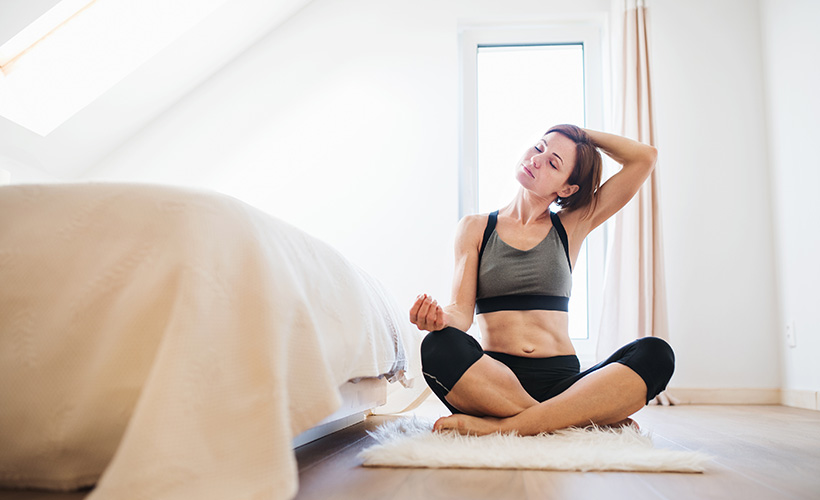
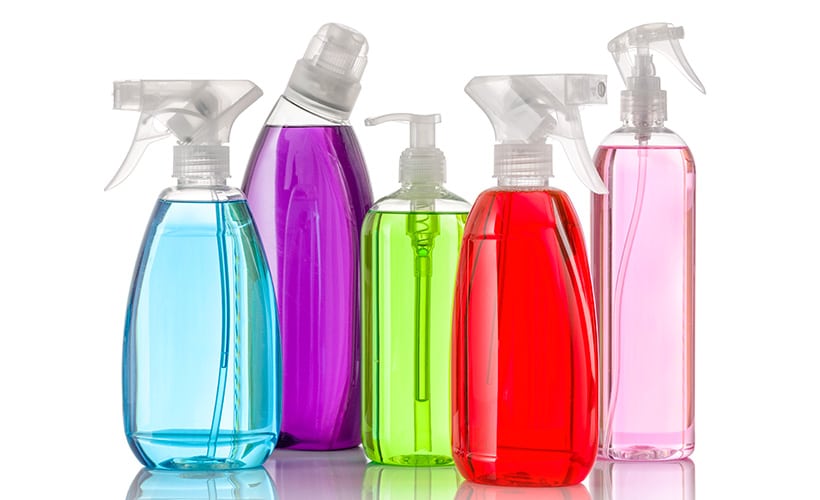


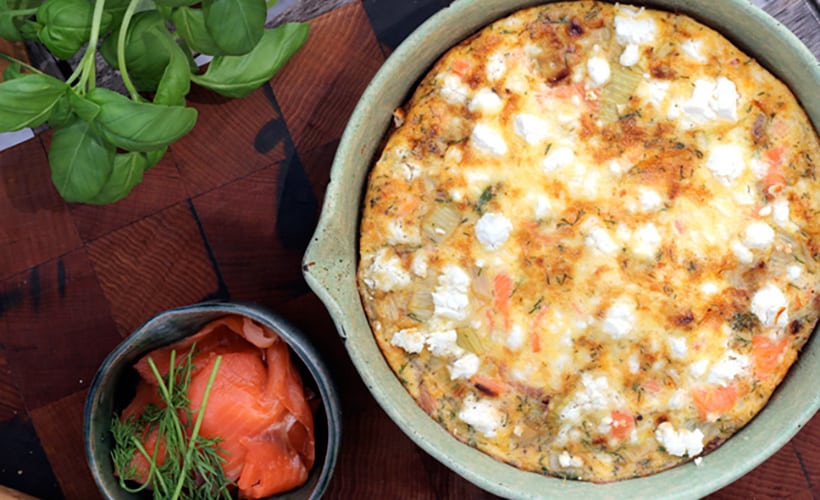
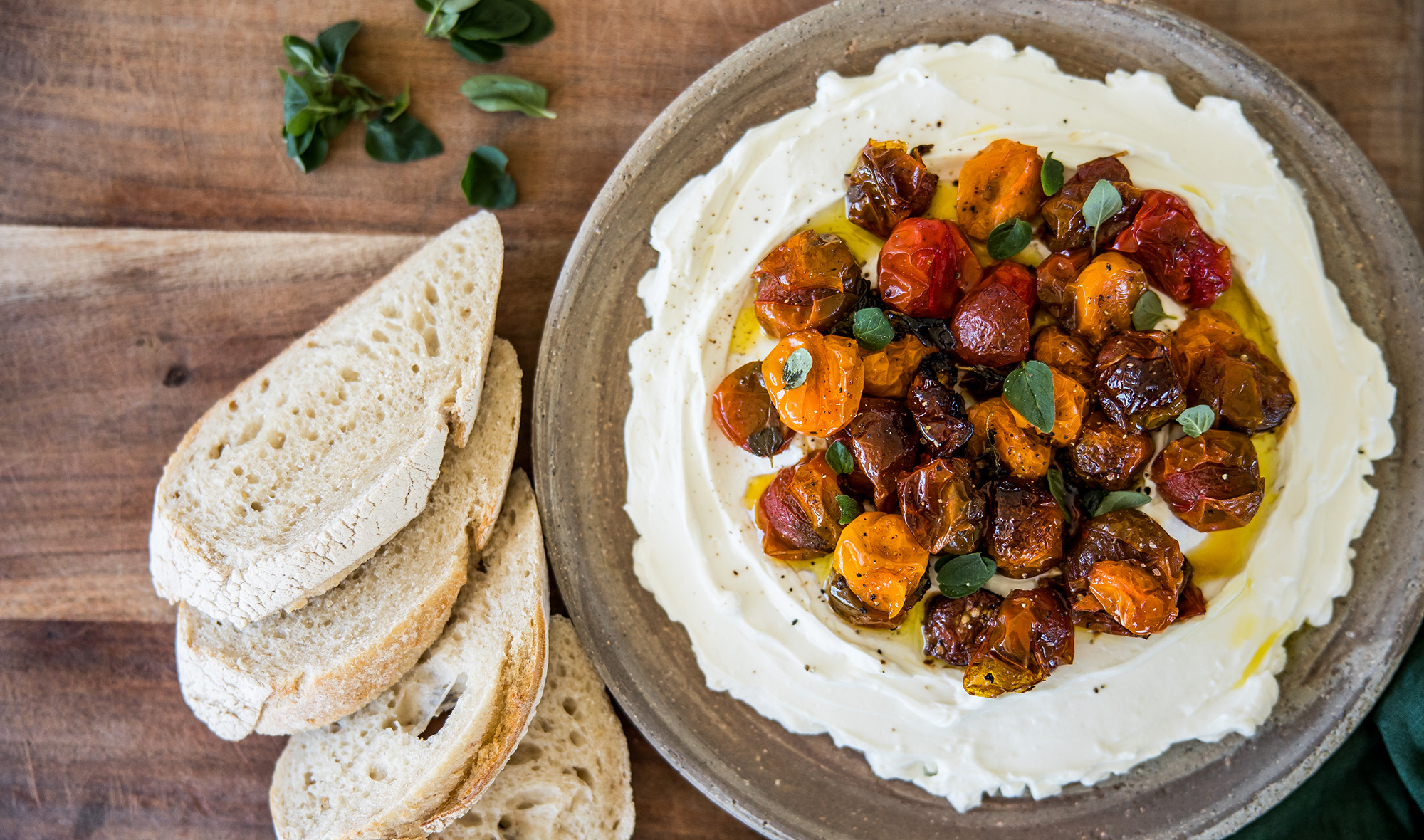
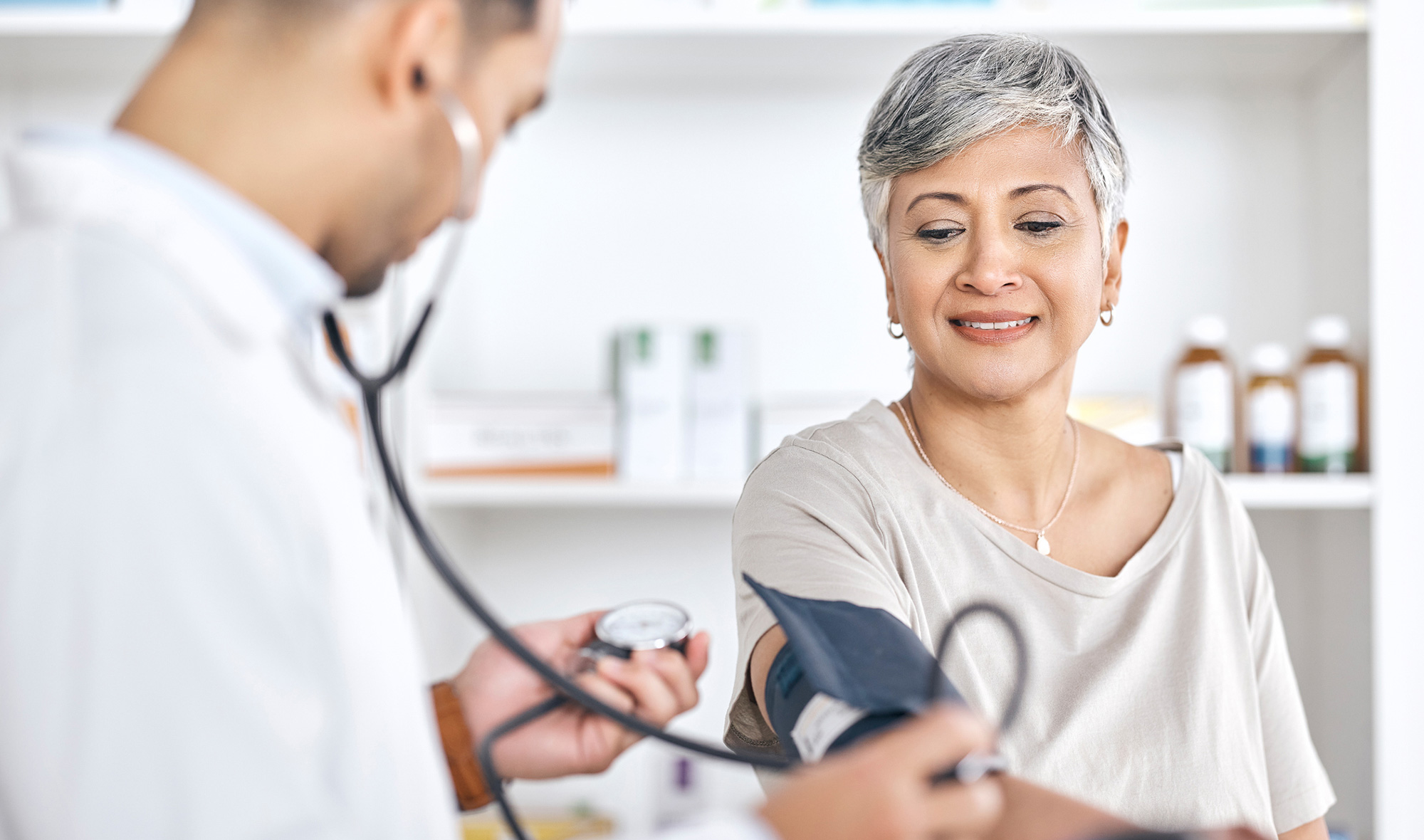

Community